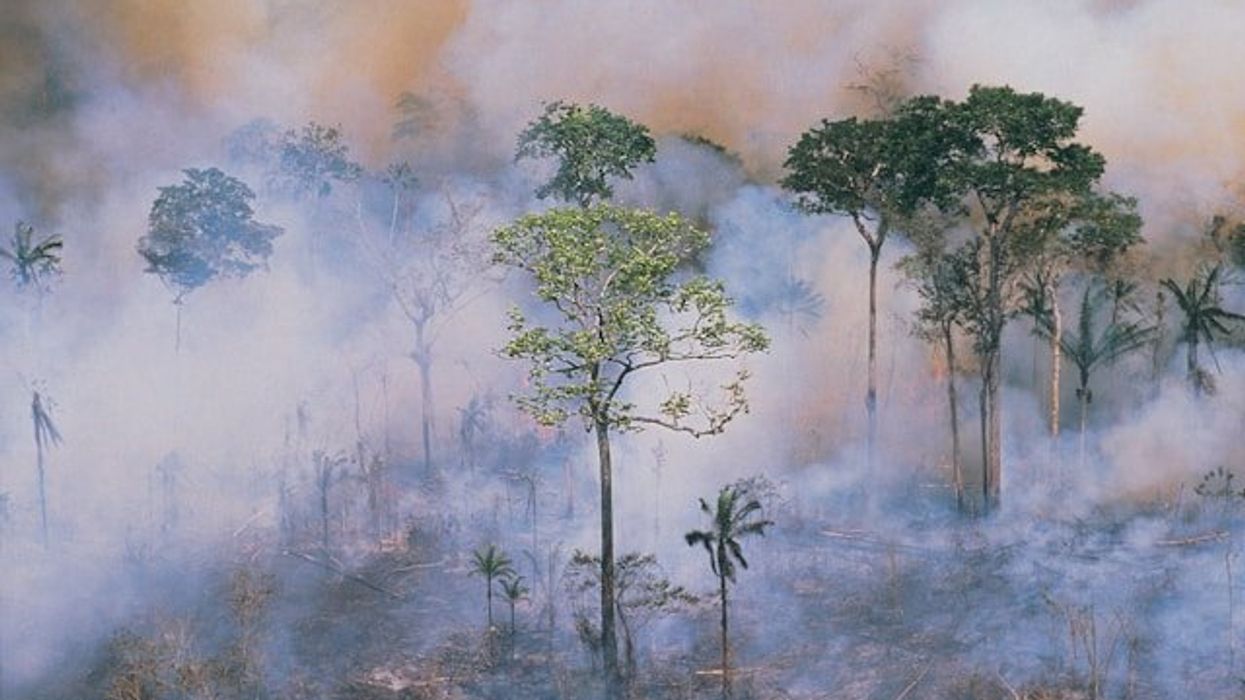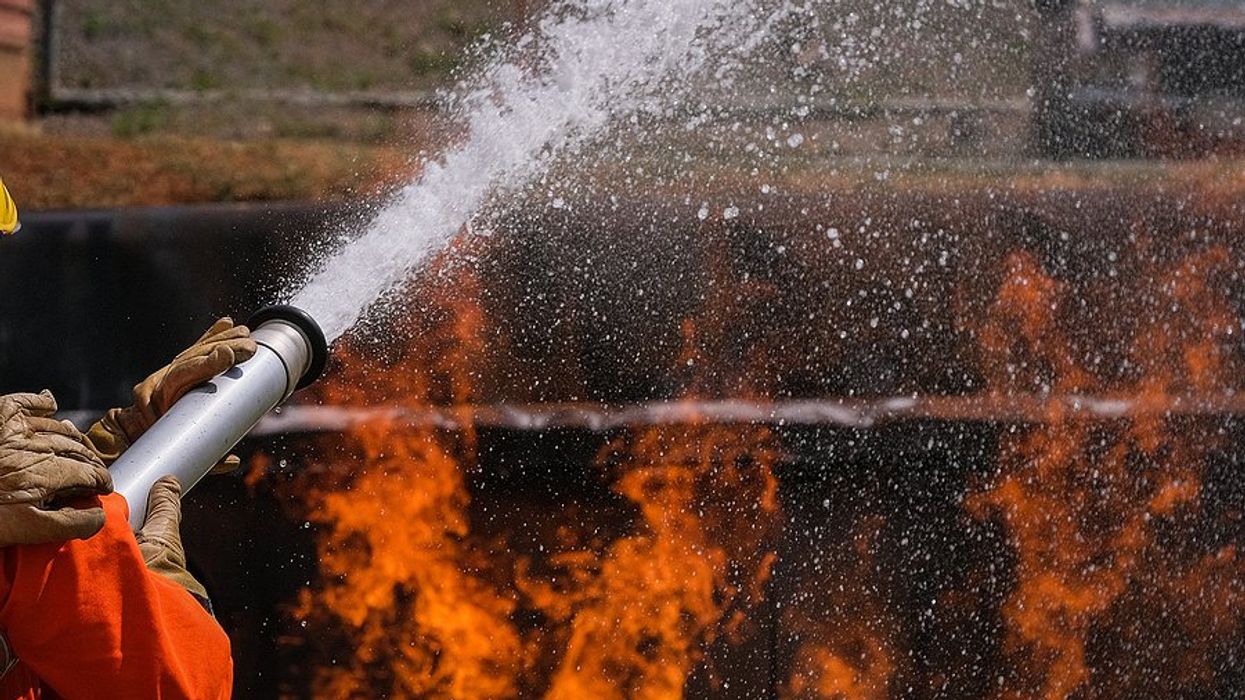Climate change is intensifying droughts and extreme weather in Mexico, driving economic desperation among farmers and pushing many to migrate north despite U.S. policies aimed at restricting immigration.
Zoë Schlanger reports for The Atlantic.
In short:
- Climate change is increasingly linked to migration from Mexico to the U.S., as extreme weather undermines livelihoods, especially for rural farmers reliant on rainfall, new study found.
- Studies show climate-related migration could be mitigated by investments in irrigation and other adaptive infrastructure.
- The incoming Trump administration’s climate and immigration policies may exacerbate pressures, reducing international climate adaptation funding.
Key quote:
“These weather extremes continue to shape, it seems, how people think about whether to remain a migrant or whether to go back to their communities.”
— Filiz Garip, a professor of sociology and public affairs at Princeton University.
Why this matters:
Climate-driven migration reveals how global warming exacerbates economic and social instability. Effective climate adaptation could reduce migration pressures and improve conditions for vulnerable populations, but current U.S. policies may increase the hardship.
Related: Mexico’s new president faces major water crisis challenge














